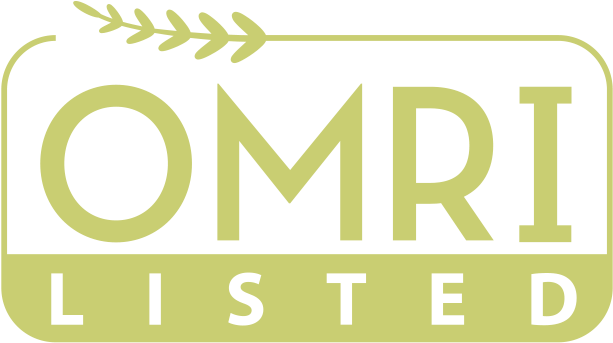
Kulshan Carbon Trust provided growers with biochar-enhanced compost for application in simple field trials to explore soil benefits.
We are no longer accepting new field trial participants. Biochar-Enhanced Compost is still available - link below:
-

Biochar-Enhanced Compost on Sale Now!
Skagit Soils is currently running a sale on the Biochar-Enhanced Compost used for our field trials. Click below for pricing and availability.
-

Learn More
Visit our biochar resources page to learn more about biochar-enhanced compost and how it might impact your soils.
-

Contact Us
Have questions about the project? Shoot us a message using the link below!
Project Overview
-
Work with the Kulshan Carbon Trust team to identify soil and crop health indicators that you would like to improve in your operation.
Choose and plan a trial plot area (less than an acre) for application of biochar-enhanced compost for a side-by-side comparison with normal farm operations.
-
Receive biochar-enhanced compost from Skagit Soils.
Apply biochar-enhanced compost like standard compost on the selected portion of your field, with support from the KCT team.
Plant crops as usual.
-
Coordinate with the KCT team to collect soil samples and yield data. The first soil sample will occur about a month after planting and will be periodic up to harvest. We will also be assessing plant health and taking crop photos.
Participate in pre-trial and post-trial surveys as necessary, as well as an interview to understand grower-producer perspectives on biochar use in agricultural systems.
FAQs
How was this project funded?
The Biochar Scale-Up project is funded by the Russell Family Foundation with additional funding provided by the Sustainable Path Foundation.
Discounts on compost have been generously provided by Skagit Soils.
What’s the goal of the project?
The project aims to measure the efficacy of co-composted biochar use in NW Washington soils by engaging a diverse range of growers, applying high-quality biochar-enhanced compost to agricultural fields, and measuring soil health and crop yield outcomes.
This project also focuses on understanding grower perspectives on biochar and the feasibility of a scaled local biochar system.
Who can participate?
Any grower operating in Skagit & Whatcom country can apply to participate in the study. Priority will given to members of historically underserved communities. Interested growers will complete a pre-trial survey and interview. Post-trial surveys will gather feedback on the process and results.
How much does participation cost?
Biochar-enhanced compost was discounted for field trial participants. This product is now available from Skagit Soils for $34.50/cy.
Biochar-compost is eligible for reimbursement through NRCS Practice Code 336.
Participants also receive technical assistance for application. KCT will perform soil sampling and lab analysis, and results will be shared with participants.
Will biochar-enhanced compost benefit my soils?
Biochar-enhanced compost application increases soil organic matter and carbon content. The amendment also increase soil water holding capacity by decreasing bulk density. Biochar’s porous structure increases microbial activity by providing an ideal home for soil organisms. You can use the NRCS Web Soil Survey tool to explore this question. Click here to view basic instructions.
What is the future of biochar in the PNW?
Utilization of biochar in agricultural settings in the region can improve soil health and productivity and reduce greenhouse gas emissions from wildfires and organic waste decomposition. Use of biochar in conjunction with forest fuel reduction practices have the potential to mitigate wildfire risks and foster a circular economy model.
About Us
Kulshan Carbon Trust is a non-profit serving landholders and local businesses in Northwest Washington. We aim to accelerate the local adoption of natural climate solutions that revitalize rural economies, regenerate the land, reduce emissions, and sequester carbon. To date, KCT’s work has focused on producing biochar from waste biomass and applying biochar in forests and farms in Whatcom, Skagit, and Island counties in partnership with local Conservation Districts.


